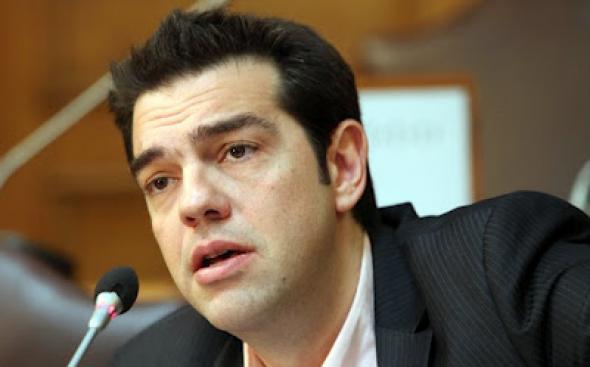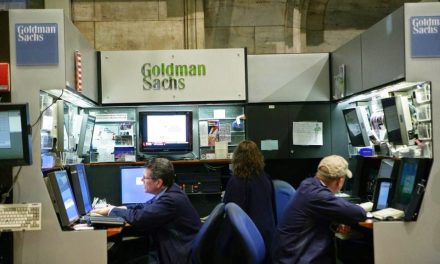A spike in bond yields is bad news for the government
GREECE’S plans for a clean exit from its international bail-out are in disarray. A sharp rise in bond yields has stymied the government’s plan to borrow about €9 billion ($11 billion) abroad in 2015 to meet debt repayments and ease the impact of austerity measures, which have left more than 35% of Greeks at risk of poverty. Instead, the prime minister, Antonis Samaras, will have to negotiate a new credit line with the European Union or, worse, accept 15 more months of tough supervision by the IMF, in return for €12 billion.
Mr Samaras still insists the “era of the memorandum” (as Greeks call the bail-out) is ending, and talks up renewed foreign investment. Following a record summer tourism season, international hotel chains are eager to snap up properties on popular Aegean Islands. The Greek privatisation agency, Taiped, is considering three bids from international groups seeking to manage 14 regional airports. China’s Cosco group is spending €230m to enlarge its container-handling terminal at Piraeus. According to the EU and the IMF, Greece’s economy will grow by 0.6% this year and 2.9% in 2015.
Others argue that Greece’s prospects are clouded by political instability. Mr Samaras and his centre-right New Democracy (ND) party need a three-fifths majority in Greece’s 300-member parliament to elect a new president in February, or elections will be called. He is still 26 votes short. Moreover, some independents and even a handful of lawmakers from the PanHellenic Socialist Movement (Pasok), his party’s coalition partner, may decide to switch their allegiance to Syriza, the far-left opposition party. The latest opinion polls give Syriza a lead of between 4% and 8% over ND, and even government supporters are beginning to accept that Syriza will win the next election. The question that is hotly debated in Athens cafés is whether the opposition will secure an outright majority or be forced to form a coalition with other left-wing parties. Those could include Pasok or Potami, a new centre-left party founded by Stavros Theodorakis, a television journalist.
Meanwhile, Alexis Tsipras, the 40-year-old Syriza leader, has been building bridges with EU leaders in Brussels and the German government in Berlin. He is still pressing for Greece’s creditors to write off at least half the country’s swollen public debt, now almost 175% of GDP. But European officials say he is no longer the intransigent firebrand who promised in 2012 to tear up the “barbarous memorandum” if he came to power. Mr Tsipras has quietly tried to reassure potential investors bringing in money from abroad that Greece would be a business-friendly member of the euro zone under a Syriza government. The hedge funds that led the recent stampede out of Greek bonds have yet to be entirely convinced.



















